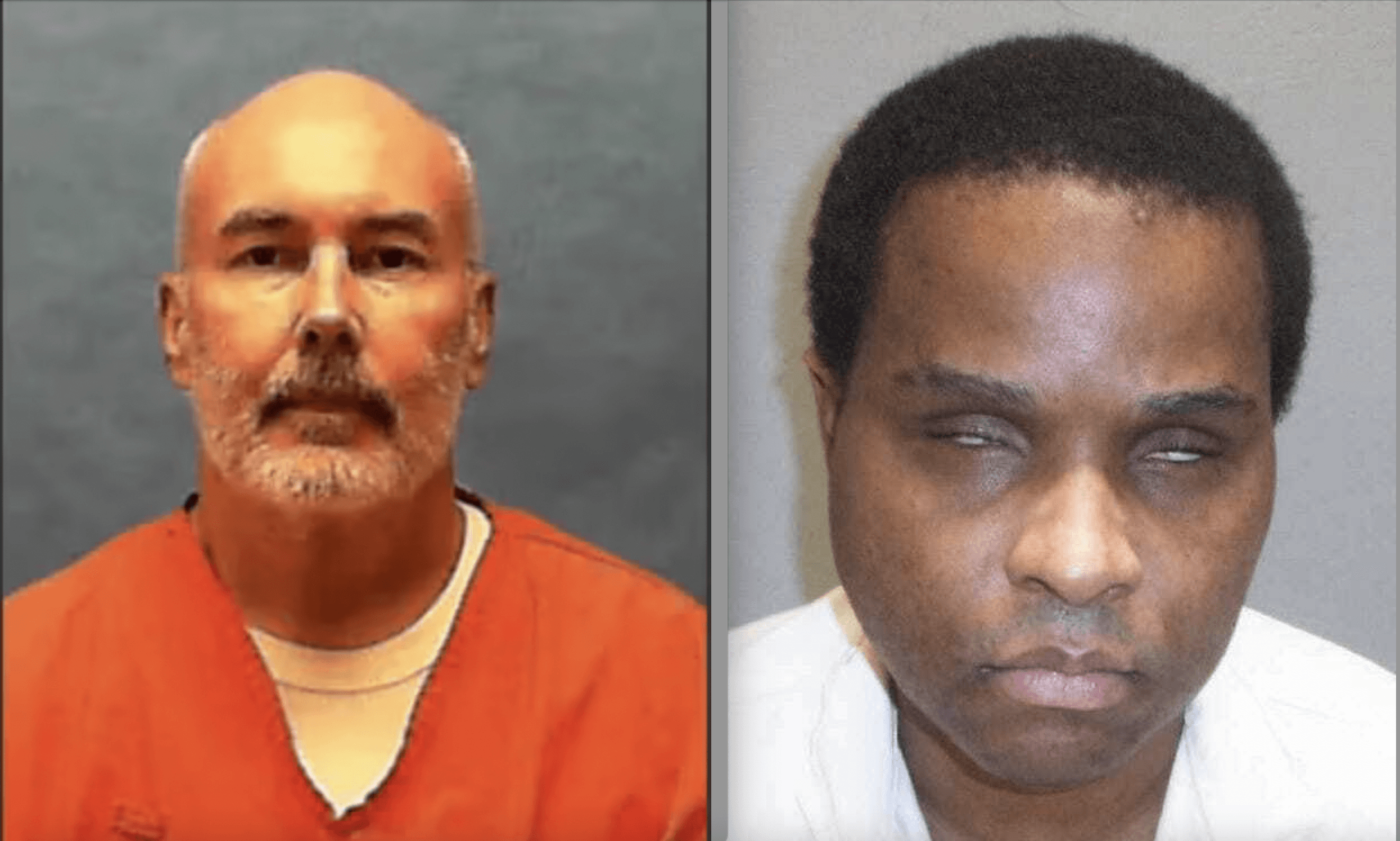
The cases of two defendants facing imminent execution raise concerns about the appropriateness of death sentences for those with severe mental illness or sharply-limiting mental disabilities. Andre Thomas is scheduled for execution on April 5, 2023 in Texas, despite suffering from mental illness so acute that he cut out both of his eyes and ate one, claiming that it was necessary to prevent the government from hearing his thoughts. Donald Dillbeck is scheduled for execution in Florida on February 23, even though he is inflicted with fetal alcohol spectrum disorder accompanied by disabilities similar to those the U.S. Supreme Court has found disqualifying for the death penalty (Atkins v. Virginia).
Thomas, who has been hearing voices since age 9 and attempted suicide at 10, is asking Texas for clemency. His attorney described him as “one of the most mentally ill prisoners in Texas history.”
Dillbeck’s lawyers have pointed to testing that “indicated widespread and profound neurological damage throughout Mr. Dillbeck’s brain, with particular abnormality in the portions of the brain most responsible for regulating planning, mood, judgment, behavior, impulse control and intentionality.” His execution would be the first in Florida since 2019 and comes when the governor is seeking legislative changes to make it easier to obtain death sentences. Dillbeck has also claimed that the length of time he spent on death row (30 years) amounts to cruel and unusual punishment. Nationally, the time between sentencing and execution has tripled in the past 35 years.
Ohio and Kentucky have passed laws exempting the severely mentally ill from the death penalty.
Jim Saunders, Florida Supreme Court Refuses to Block Execution of Death Row Inmate Donald Dillbeck, Tampa Bay Times, Feb. 16, 2023; Juan A. Lozano, Texas Death Row Inmate Who Cut Out His Eyes Seeks Clemency, AP News, Feb. 18, 2023; Stephen Simpson, Texas Death Row Inmate Andre Thomas’ Attorneys Apply for Clemency, Citing Mental Illness, Texas Tribune, Feb. 15, 2023.



